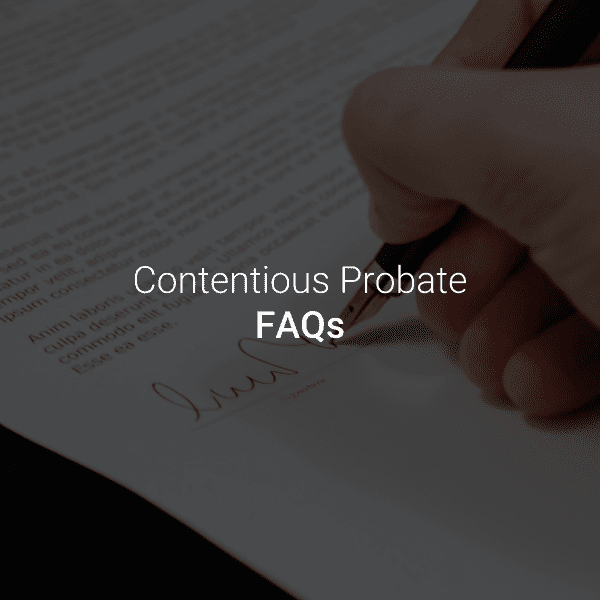Missing People & Applying For a Declaration of Presumed Death
It is a sad fact that people go missing and are over time presumed, due to the circumstances of their disappearance, to have died.
Aside from the loss and grief often experienced, the disappearance can also present many practical legal difficulties. For instance, the disappeared person’s spouse or partner later dies, becomes infirm or needs to sell a jointly owned property or financial asset to utilise the missing person’s share of the sale proceeds for their well-being. Selling jointly owned property or assets may present serious difficulty, mainly if the sale proceeds of the missing person’s estate must, after the sale, be held in trust for some years to the detriment of a widow or partner.
Before the advent of the Presumption of Death Act, 2013 (“the Act”), there was no simple way of seeking the assistance of the court to help resolve the issue of a person’s disappearance and assets where they were believed to had died. Now, a successful application to the court under the Act will produce the legal equivalent of a death certificate. This declaration of presumed death can be of great assistance, particularly to close relatives, whose finances and well-being are closely associated with the missing person.
Under the Act, the court has several powers. These include:
- Making a declaration of presumed death
- and determining questions and making orders relating to interests in property.
These powers may be critical to those left in a difficult situation as a result of the disappearance. A court-sealed copy of a declaration of presumed death also serves as a death certificate and allows the executors appointed under the missing person’s will to apply for a grant of probate or the appointment of administrators to administer the estate if no will exists.
The courts in England and Wales can make a direction as to presumed death where the missing person was domiciled in England and Wales on the day they were last known to be alive, or habitually resident in England and Wales throughout the period of one year ending with the day the missing person was last known to be alive. The range of people who can apply is broad, although those who are not immediate family may need permission to apply under the Act. If the person applying is the missing person’s spouse or civil partner, then they must have been domiciled in England and Wales or habitually resident as described above.
Being able to seek a declaration of death may well allow a spouse, partner or the family of a missing person to move on and assist in the resolution of property and financial issues for those left behind. If you require support in making this application under the Presumption of Death Act, contact our contentious probate solicitors today for immediate assistance.




